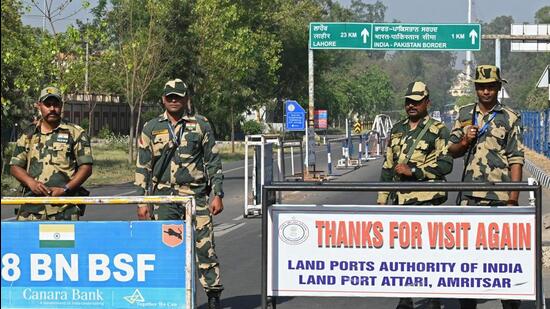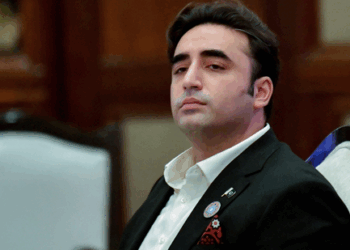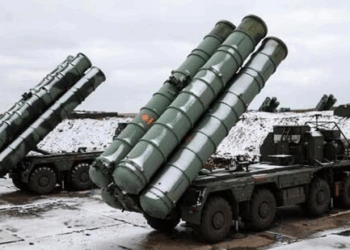India’s stern measures in response to the brutal Pahalgam terror attack — including suspending the 1960 Indus Waters Treaty and sharply downgrading diplomatic relations with Pakistan — have shifted global attention to Islamabad’s next move. A crucial meeting of Pakistan’s National Security Committee (NSC), chaired by Prime Minister Shehbaz Sharif and attended by senior military leaders, is underway to strategize a formal response.
The Indian government, citing “cross-border linkages” to the attack that killed 26 civilians, unveiled a set of unprecedented steps on Wednesday. These included halting water-sharing under the World Bank-brokered Indus Waters Treaty, closing the Attari land crossing, expelling Pakistani defence advisers, and slashing diplomatic personnel by nearly half. Pakistani nationals in India under the SAARC Visa Exemption Scheme were also ordered to leave by May 1.
Foreign secretary Vikram Misri, in a statement after a Cabinet Committee on Security meeting, affirmed that India would hold “perpetrators and their sponsors to account.” In a fiery response from the political stage in Madhubani, Bihar, Prime Minister Narendra Modi declared, “India will identify, track, and punish every terrorist and their backers.”
Meanwhile, Pakistan’s deputy PM Ishaq Dar criticized India’s decisions as “inappropriate and lacking seriousness,” insisting that New Delhi had not provided actionable evidence. Defence minister Khawaja Asif warned that India couldn’t unilaterally discard the treaty and hinted at contingency plans, while calling for de-escalation.
Experts say the suspension of the Indus Waters Treaty could be the most destabilizing move yet. Environmental scholar Hassaan F Khan wrote in Dawn that Pakistan’s entire agricultural and energy systems depend on the timing and flow of Indus basin rivers. “The erosion of treaty protections could be catastrophic,” he warned.
Former minister Murtaza Solangi added a geopolitical dimension, noting that with Donald Trump back in office, diplomacy across South Asia will see a transactional shift: “Every country is now on its own.”
As both sides harden their stances, the region braces for the next round in a potentially long and tense standoff.








 India
India












